The duration and outcome of conflicts depend on numerous variables, including diplomatic efforts, military actions, international involvement, and the willingness of parties to negotiate a resolution.
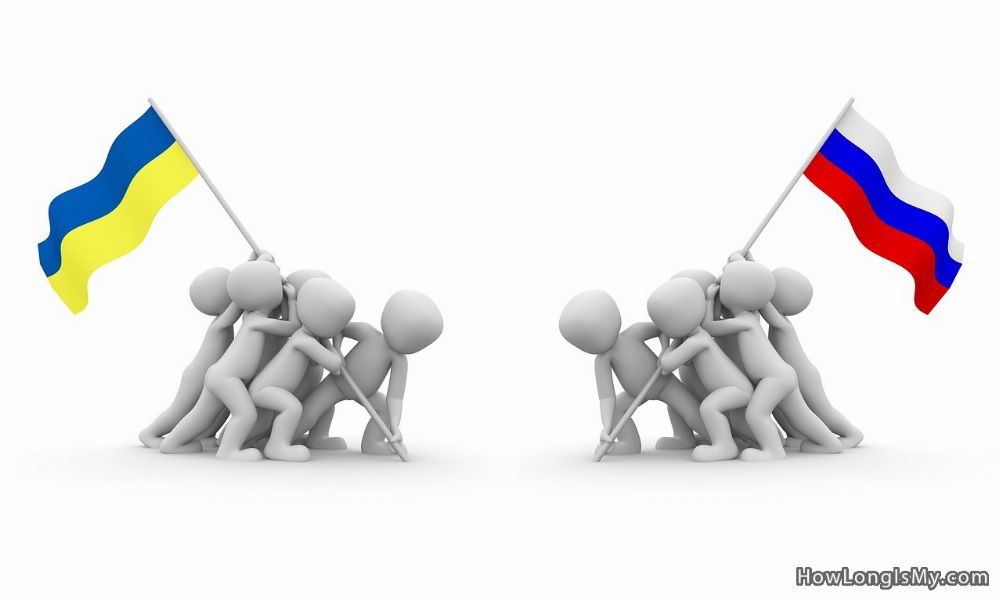 The future of the current ongoing war between Russia and Ukraine is uncertain and can be influenced by a multitude of unpredictable factors. It is essential to rely on current news and expert analysis for any updates on events or situations.
The future of the current ongoing war between Russia and Ukraine is uncertain and can be influenced by a multitude of unpredictable factors. It is essential to rely on current news and expert analysis for any updates on events or situations.
It’s important to understand that any predictions about future events are speculative and subject to change due to the dynamic nature of the world.
General analysis of the situation regarding the conflict with Ukraine
The conflict in Ukraine’s Eastern regions, particularly in Donetsk and Luhansk, has been ongoing since 2014. It is characterized by a complex web of political, territorial, and ethnic tensions, with Russia being accused of supporting separatist movements in the region.
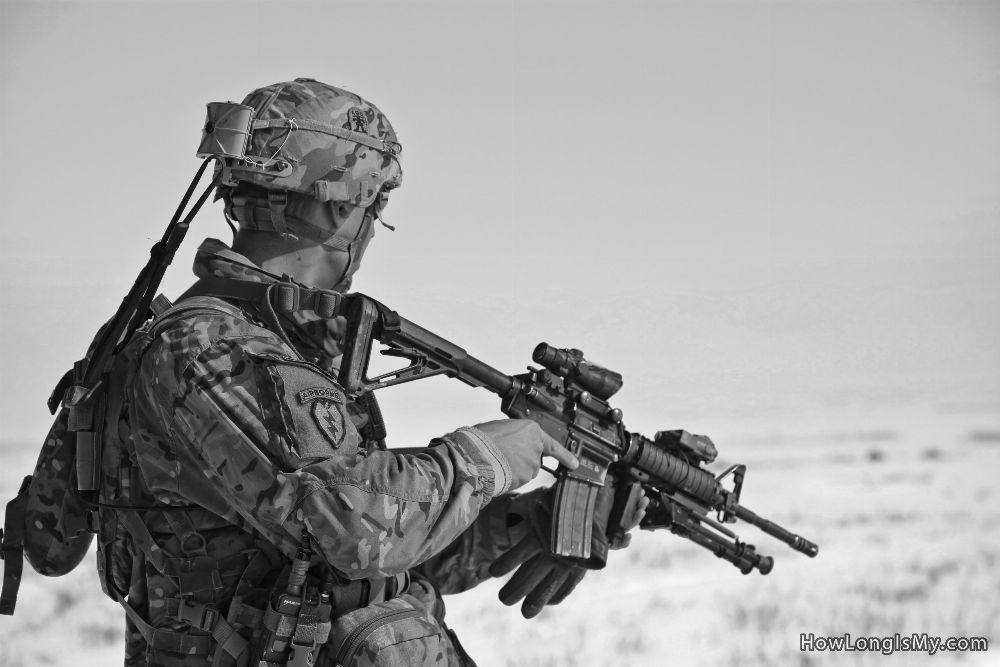 Attempts at finding a resolution through the Minsk agreements and international mediation have had limited success. Ceasefires have been agreed upon, but violations and hostilities have continued sporadically. The situation remains tense and fragile, with civilian casualties and humanitarian concerns being persistent issues.
Attempts at finding a resolution through the Minsk agreements and international mediation have had limited success. Ceasefires have been agreed upon, but violations and hostilities have continued sporadically. The situation remains tense and fragile, with civilian casualties and humanitarian concerns being persistent issues.
Predictions
Given the complexities of the conflict and the involvement of multiple stakeholders, it is challenging to provide specific predictions about the future of the conflict. Potential scenarios could include:
Protracted Conflict
The conflict may continue for an extended period, with intermittent escalations and de-escalations. Political and military maneuvering from various parties could prolong the hostilities.
Diplomatic Breakthrough
There might be diplomatic efforts that lead to substantial progress in finding a resolution. International pressure, negotiations, or changes in leadership could influence the dynamics positively.
Escalation
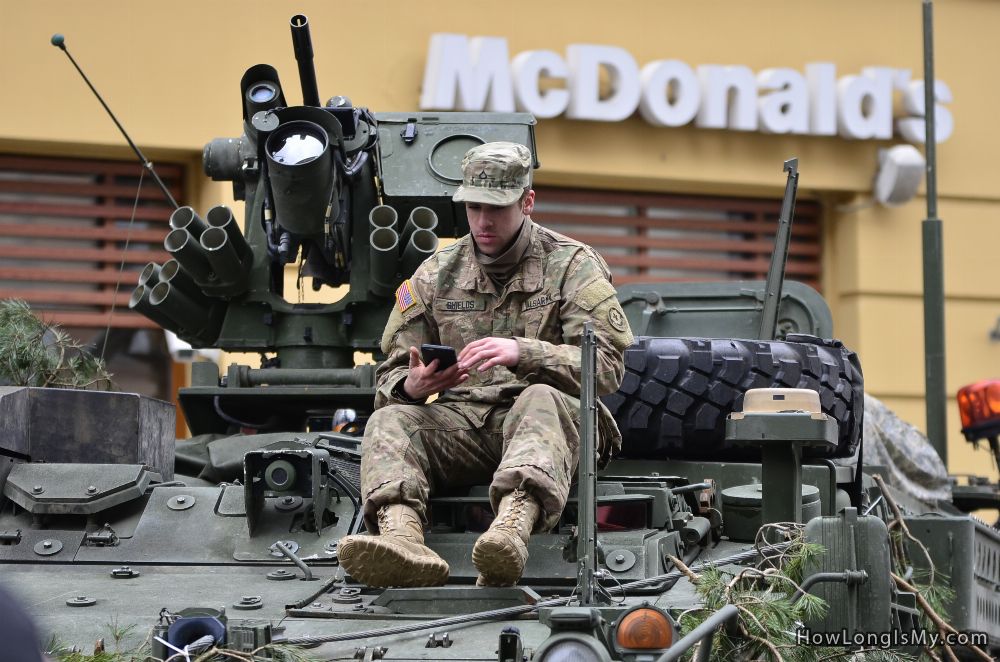 Under certain circumstances, the conflict could escalate, leading to broader regional implications and increased involvement of outside powers.
Under certain circumstances, the conflict could escalate, leading to broader regional implications and increased involvement of outside powers.
De-escalation and Resolution
There is also a possibility of de-escalation and efforts towards a peaceful resolution. However, achieving this would require significant concessions and compromises from all parties involved.
In-depth analysis of potential factors that could influence the future of the conflict
International Involvement. The level of involvement and support from other countries can significantly impact the conflict. Russia’s support for the separatists in Eastern Ukraine has been a crucial factor in sustaining the conflict. Conversely, increased diplomatic efforts and pressure from other nations might influence Russia’s stance or the actions of the Ukrainian government and separatist groups.
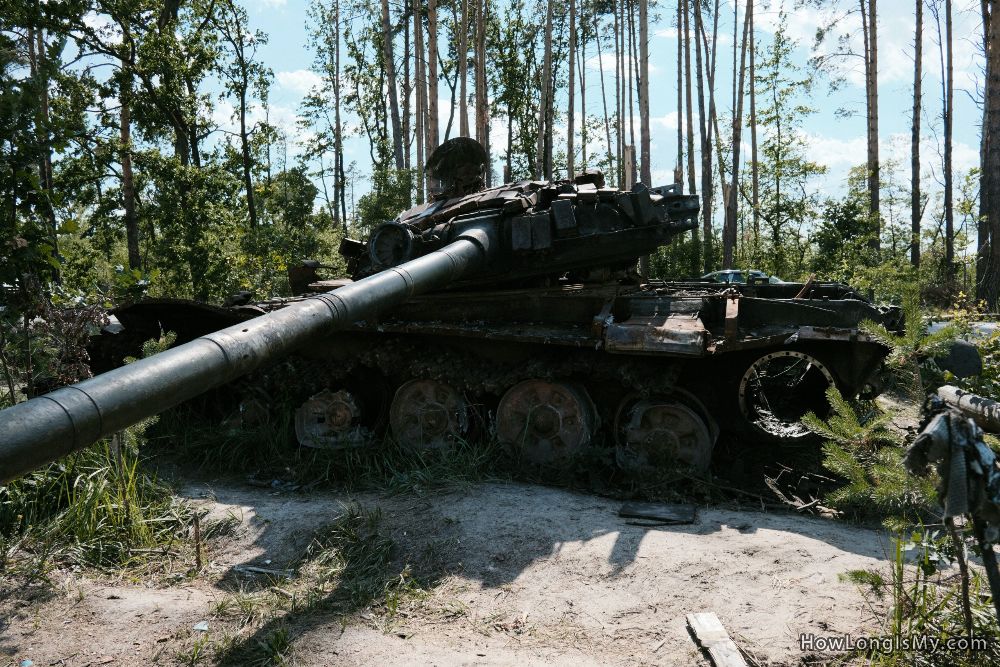 Political Will and Leadership. Changes in leadership or shifts in political will within the involved parties could lead to different approaches to resolving the conflict. New leaders may be more inclined to engage in negotiations or take a harder stance, depending on their agendas and priorities.
Political Will and Leadership. Changes in leadership or shifts in political will within the involved parties could lead to different approaches to resolving the conflict. New leaders may be more inclined to engage in negotiations or take a harder stance, depending on their agendas and priorities.
Economic Considerations. The economic consequences of the conflict could also play a role in shaping its trajectory. Sanctions, trade disruptions, and financial pressures on key players may impact their decisions and willingness to continue the conflict.
Humanitarian Concerns. The impact of the conflict on civilian populations can trigger international outcry and put pressure on the parties involved to seek a resolution.
Peace Negotiations. The success or failure of peace negotiations, such as the Minsk agreements, will be a significant determinant of the conflict’s future. The willingness of all parties to engage in meaningful talks and implement agreed-upon solutions is crucial for progress.
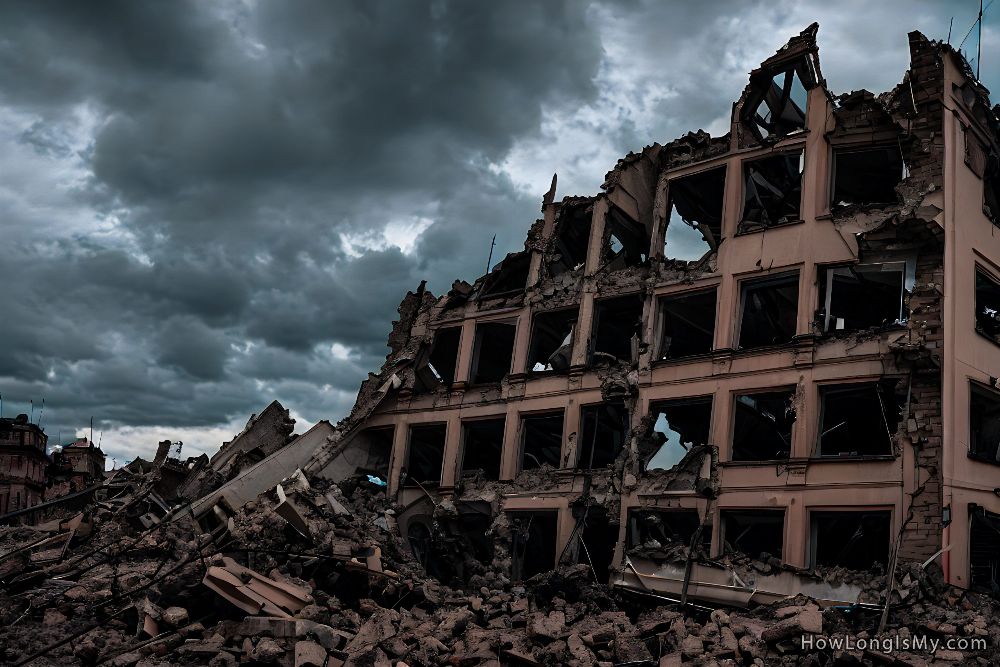 Escalation Triggers. Potential escalation triggers, such as significant military offensives, territorial gains, or high-profile incidents, could exacerbate tensions and lead to a further escalation of the conflict.
Escalation Triggers. Potential escalation triggers, such as significant military offensives, territorial gains, or high-profile incidents, could exacerbate tensions and lead to a further escalation of the conflict.
Regional and Global Politics. The broader geopolitical context, including relationships between major powers, can influence the situation in Ukraine. Changes in alliances or geopolitical dynamics may have ripple effects on the conflict. The support from the US alone plays a major role in conflict duration and possible resolution.
Despite this analysis, the future remains uncertain. Remember that complex conflicts like the one in Ukraine are shaped by multiple factors that interact in unpredictable ways. As events unfold, new developments may arise, altering the course of the conflict overnight.
